Dr. Anthony Fauci, face of US fight against COVID, to step down
Dr. Anthony Fauci has announced that he intends to step down as US President Joe Biden’s chief medical adviser and the director of the National Institute of Allergy and Infectious Diseases, which he has led for nearly four decades.
Fauci, who has advised seven presidents on public health challenges and became the face of America’s response to COVID-19, said in a statement on Monday that he would leave government service in December to “pursue the next chapter” of his career.
"It has been the honor of a lifetime to have led the NIAID, an extraordinary institution, for so many years and through so many scientific and public health challenges. I am very proud of our many accomplishments," he said.
The announcement was not entirely unexpected as the veteran infectious disease expert has hinted for some time that he was thinking of leaving government service.
However, he told the New York Times in an interview Monday that he was “not retiring in the classic sense” but would devote himself to traveling, writing and using his experience to inspire the younger generation.
“So long as I’m healthy, which I am, and I’m energetic, which I am, and I’m passionate, which I am, I want to do some things outside of the realm of the federal government,” Dr. Fauci told the Times.
In a statement on Monday, President Biden thanked Fauci, calling him a “dedicated public servant, and a steady hand with wisdom and insight.”
Through the COVID-19 pandemic, Fauci advised President Donald Trump and Biden, as well as a weary public, on how to deal with the virus. He had also previously worked closely with Biden during a global outbreak of the Zika virus when the latter was vice president.
Fauci has helped lead the United States against HIV-AIDS, SARS, swine flu, Ebola and other public health crises, but none has tested his political skills as much as being Trump’s medical advisor during the coronavirus pandemic.
Trump repeatedly tried to discredit Fauci and ignored his science-based recommendations, leading to a public feud between the two.
Yemeni armed forces down F-18 fighter jet, repel US-UK attack: Spokesman
Iran warns against US-Israeli plot to weaken Muslims, dominate region
VIDEO | Public uproar in US against Israeli regime
‘Ghost town’: 70% of Jabalia buildings destroyed by Israel
Mother’s Day: Sareh Javanmardi’s inspiring journey as Paralympic champion and mother
Russia downs over 40 Ukrainian drones as Putin vows 'destruction' on Kiev
VIDEO | Yemen: A bone in Israeli neck
D-8’s role in Iran’s economy after Cairo summit


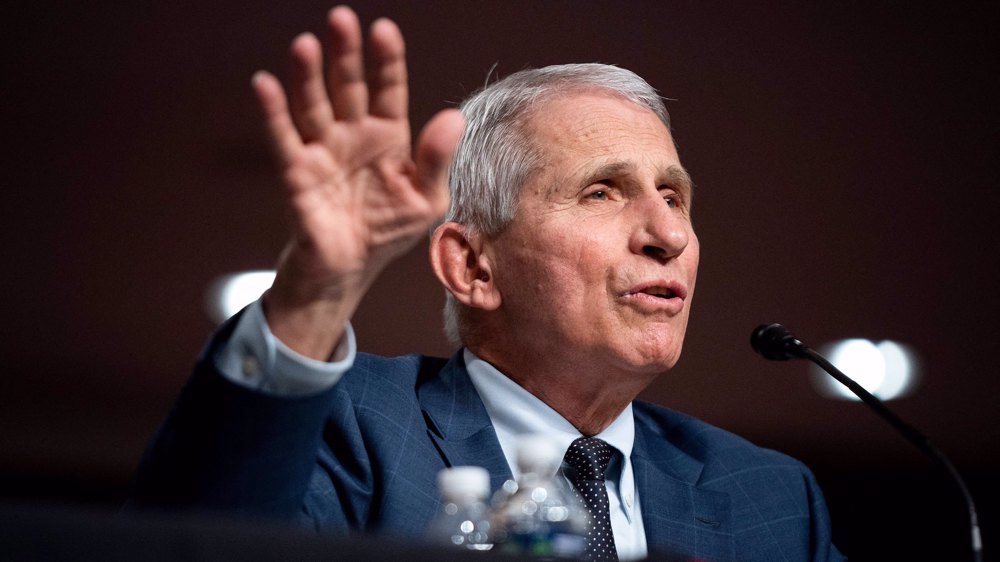






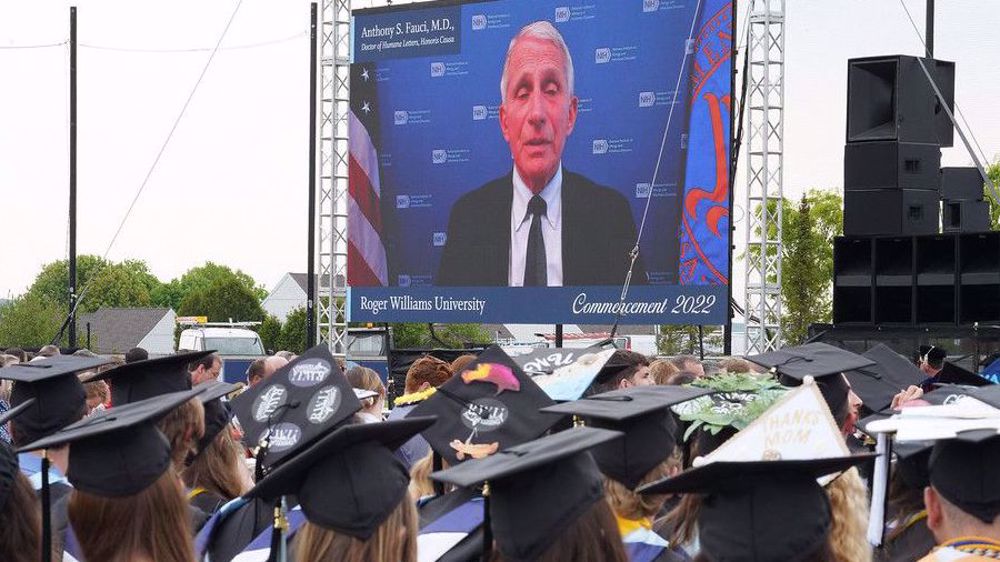
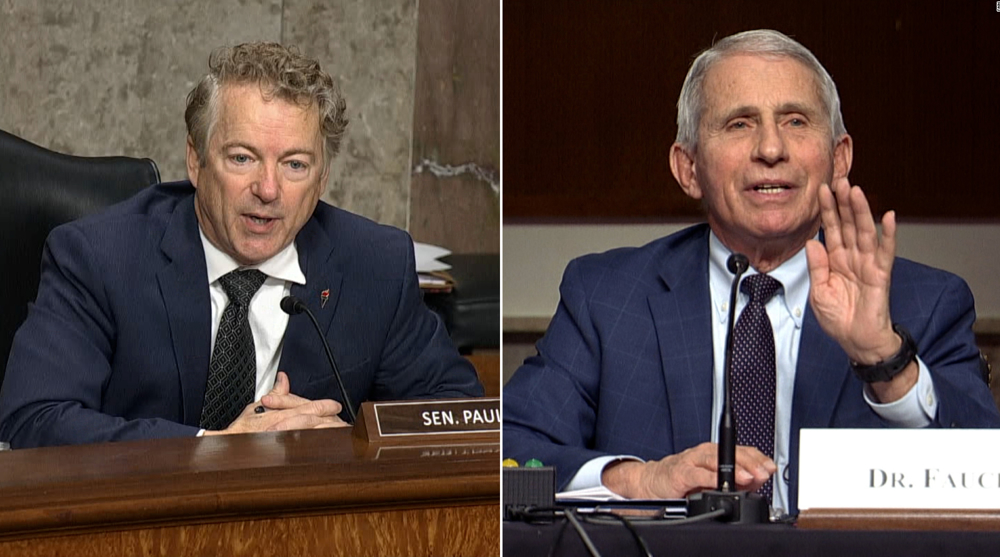
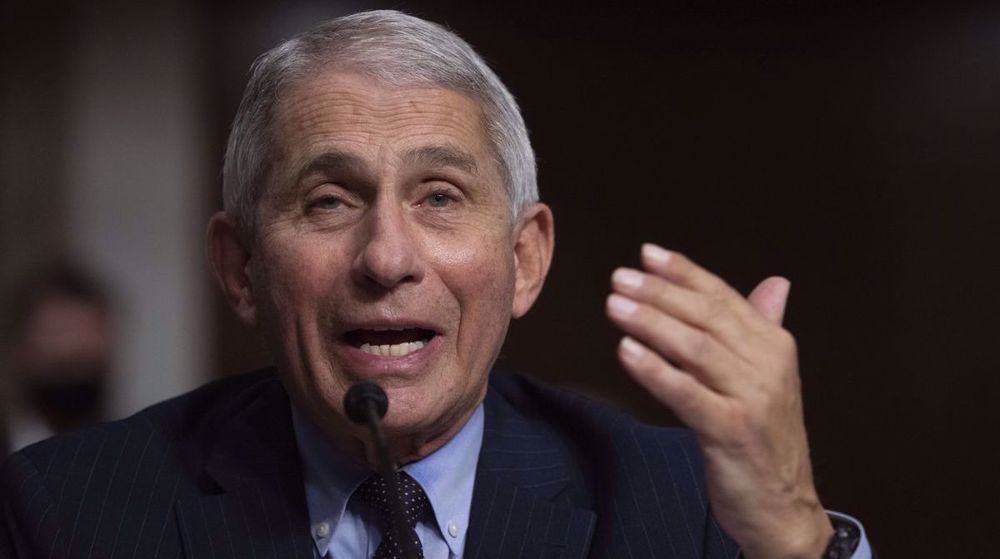
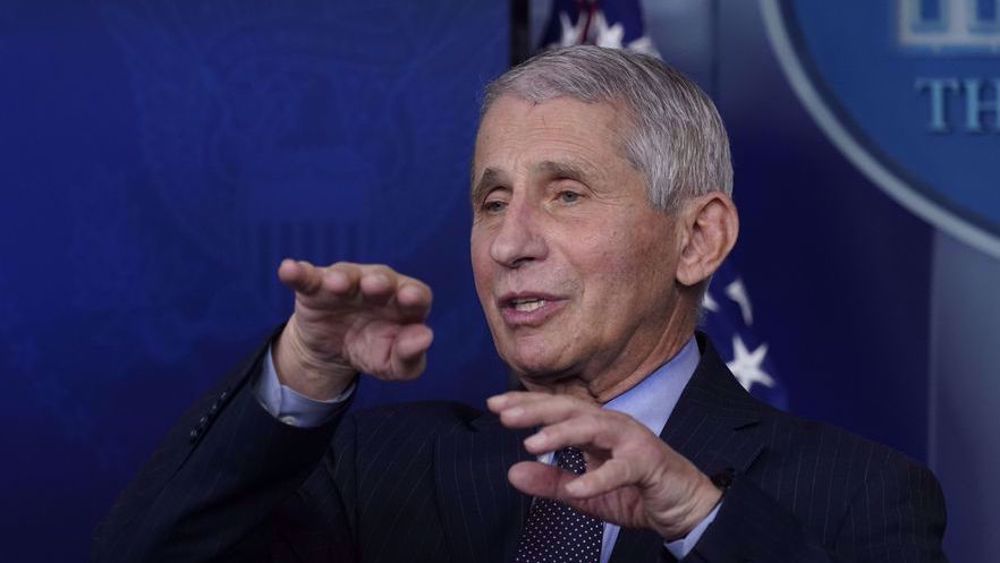
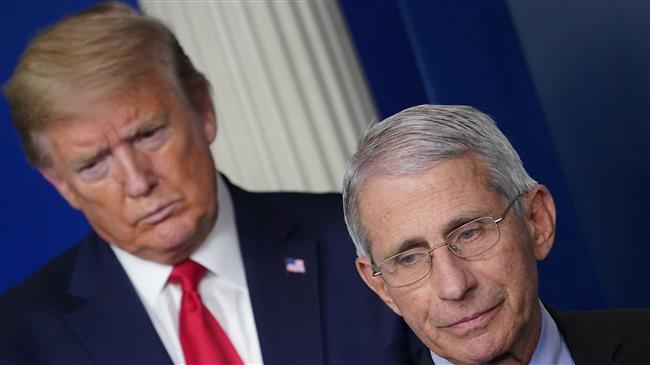


 This makes it easy to access the Press TV website
This makes it easy to access the Press TV website